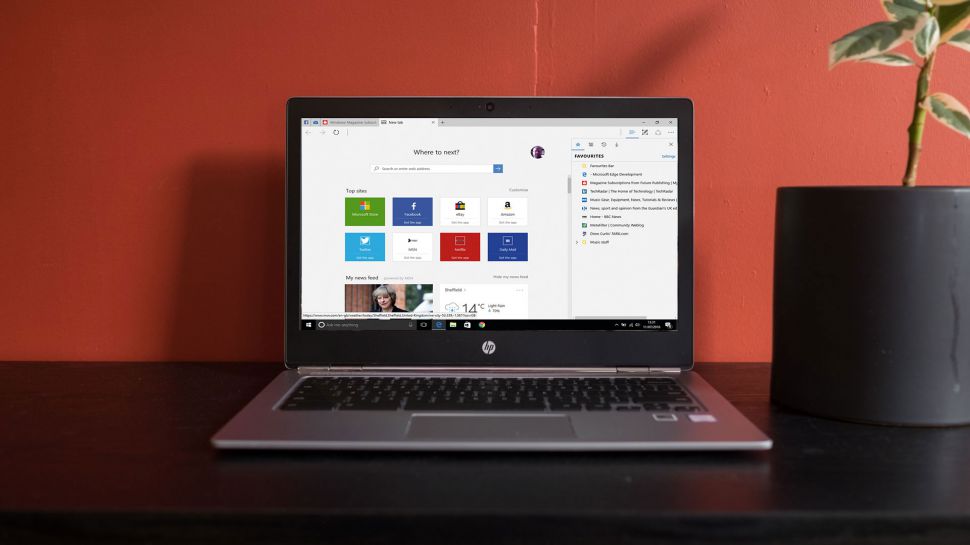
Sign up for breaking news, reviews, opinion, top tech deals, and more.
You are now subscribed
Your newsletter sign-up was successful
Microsoft is looking to improve Windows 10’s dedicated browser by speeding up development on Edge with an Insider testing program, and the firm has also been defending its policy on extensions.
Much like the testing programs which are already in place for Windows 10 itself, Microsoft Office and the Bing search engine (the latter was launched last year), apparently Microsoft is readying an Edge Insider program, at least according to an email sent to Bing testers.
Spotted by MS Power User, the email notes that Microsoft would like folks to complete a survey to “gauge your interest in forming a Microsoft Edge Insiders program to help us improve Edge” (because many of the Bing testers also use Edge).
This could mean that updates for the browser are tested and rolled out separately to operating system updates – because work on Edge is currently hampered by the fact that new features and tweaks are only issued as part of the big OS updates.
At this point, though, Microsoft stresses the fact that it’s just gauging interest in such an Insider program for its browser. But on the other hand, if the testing program is going to happen, it will allegedly happen soon, with grapevine whispers indicating the scheme will kick off in the middle of October – so just a couple of weeks away.
We’ll know whether that’s accurate or not soon enough.
- Is a new Surface Studio on the horizon?
Extension woes
Extensions have always been a controversial area with Edge, initially because they took so long to roll out for the browser – and subsequently Microsoft has come under fire regarding the speed at which new extensions are launched.
Sign up for breaking news, reviews, opinion, top tech deals, and more.
There are currently only 70+ Edge extensions available in the Windows Store, with those numbers growing very slowly compared to the thousands of extensions that pour out for Google’s Chrome browser, for example.
In a blog post, Microsoft noted that it sometimes gets users complaining about the slow pace of extensions being released, and the firm’s answer to those voices is that it is taking a “purposefully metered approach” to build a “thoughtfully curated ecosystem”.
In other words, Microsoft only wants to let through extensions which are carefully checked to be of a high quality and trustworthy – quality is the watchword, rather than quantity.
Colleen Williams, Senior Program Manager, Microsoft Edge, observes: “Poorly written or even malicious add-ons for browsers remain a potential source of privacy, security, reliability and performance issues, even today. We want users to be confident that they can trust extensions in Microsoft to operate as expected.”
That’s certainly a fair enough point, although doubtless there are Edge users out there who would wish that Microsoft could put its foot down a little more on the pedal.
The fact that Microsoft has acknowledged the issue publicly, however, may mean we witness something of a speed-up from here on out, and Williams stated that Microsoft will continue to work closely with developers to ensure new extensions keep arriving in the Windows Store (soon to become the Microsoft Store).
- Some of our best laptops of 2017 are powered by Windows 10
Darren is a freelancer writing news and features for TechRadar (and occasionally T3) across a broad range of computing topics including CPUs, GPUs, various other hardware, VPNs, antivirus and more. He has written about tech for the best part of three decades, and writes books in his spare time (his debut novel - 'I Know What You Did Last Supper' - was published by Hachette UK in 2013).